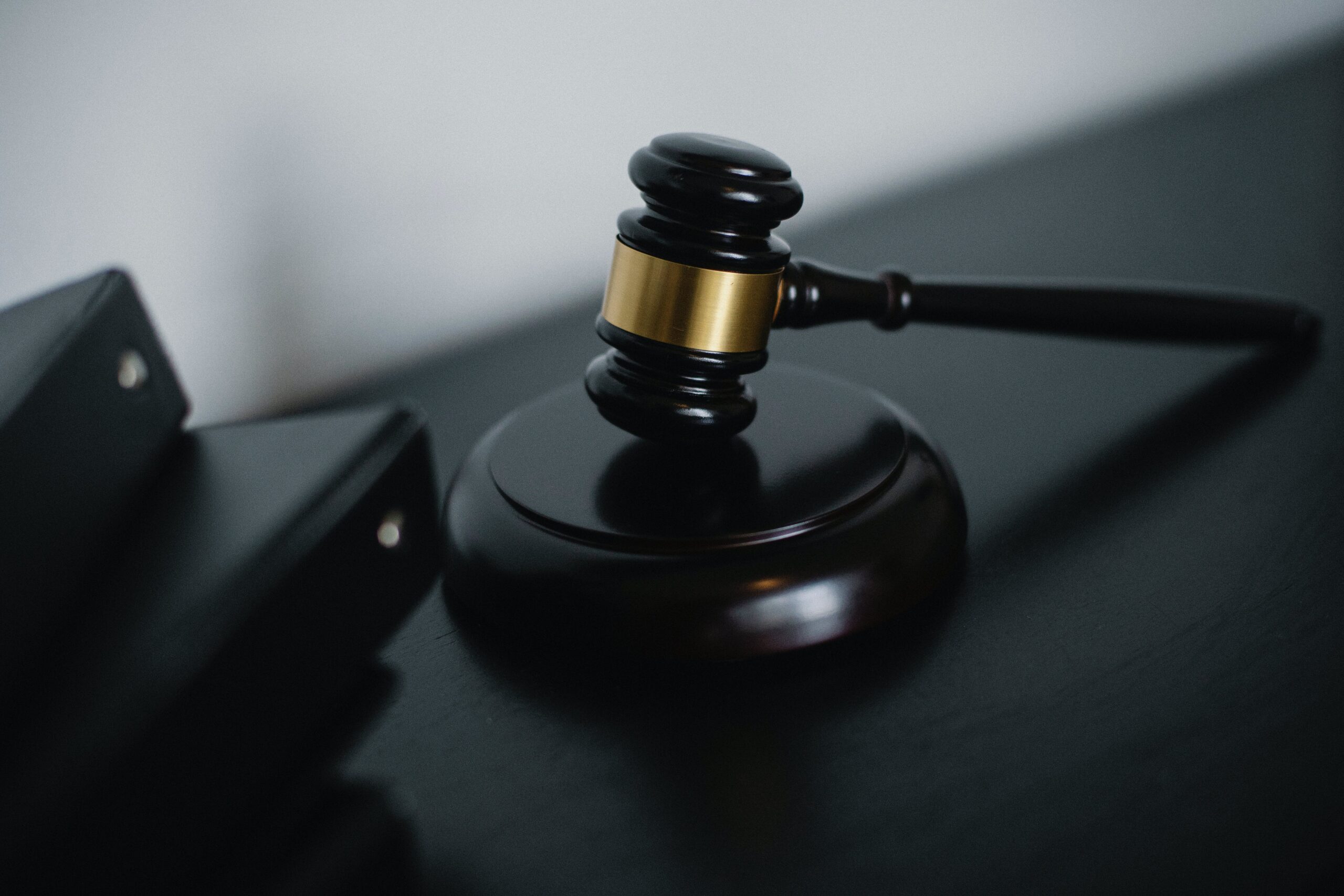by Brian Huba
It wasn’t a landmark ruling. It was a layup. The lower circuit judge purposely set herself up to be overturned.
Last November, Colorado District Judge Sarah B. Wallace cited Section 3 of the 14th Amendment of the Constitution to determine Donald Trump had “engaged in insurrection” by inciting the January 6th attack on the US Capitol. Wallace then concluded that Trump could remain on the Colorado ballot, as Section 3’s language doesn’t clearly cover the President.
On the surface, Judge Wallace’s ruling appears to be a simple misinterpretation of the Amendment’s section. I contend Judge Wallace knew exactly what she was doing. I contend her decision was a stroke of genius in disguise.
I’m a public educator. To put Judge Wallace’s ruling in my terms, it would be like our Board of Ed decreeing that “no school employee” can have inappropriate relations with the students, but the principal can, because the Board’s wording doesn’t explicitly indicate “principal.” Obviously, this logic would not hold water in any forum.
Not only am I an English teacher, I am also a proud union member, meaning I recognize the myriad ways language can be weaponized. In my experience, there is a rule of thumb at the contract-negotiating table: the intent of an existing and/or proposed amendment always trumps (no pun intended) the nuts-and-bolts language itself.
In what reality is the President of the United States NOT a public officer? In fact I’d argue he’s THE public officer. Of course Section 3 applies to him. If it didn’t, the President–who heads the Federal Government and controls the Military– could rebel against the electorate with impunity. There’s no way this was the spirit (or the intent) when the 14th Amendment was passed in 1866, then ratified in 1868.
Judge Wallace knew that.
Judge Wallace used it.
Why would Judge Wallace purposely issue a flawed ruling? I have a few theories about that. First, if she determined that Trump did “engage in insurrection” she’s officially settled the most-divisive question around January 6th: was it an insurrection or a protest that spiraled out of control? Now we know. It was the former. And going forward the label “insurrectionist” will be on the record next to the name Donald Trump. Perhaps Wallace believed branding Trump a traitor and disqualifying him would be seen as partisan overkill, then swiftly reversed on appeal. Instead, she flipped the script.
Second, if Wallace so cagily distorted Section 3 in her ruling, it would give the plaintiffs enough runway to succeed on appeal. Exactly what happened. Now Team Trump has one chance (Federal Supreme Court) to win back his spot on the Colorado ballot vs. two chances (State Supreme Court, Federal Supreme Court). And if he fails, it could be a Domino Effect of disqualifications in state after state. Shenna Bellows, Maine’s Secretary of State, has already removed Trump from their ballot. Illinois and Massachusetts are now weighing similar measures. There will certainly be more.
This, I suppose, brings us to the US Supreme Court, which has no choice but to take the case. A plurality of legal experts and news pundits believe the conservative-heavy bench will knock Colorado’s decision down. I’m not sure.
Colorado’s 200-plus-page ruling is, by all measure, legally sound. The facts are not in dispute. Trump engaged in insurrection. Full stop. If the Court reverses Colorado, it will have to disregard the facts and the precedent established from those facts. Neither is routinely done by any court, at any level, on any appeal. If it is done in this instance, it would mean the Court endorses Wallace’s “narrow” reading of Section 3, essentially declaring the President–any President–above the law. And those who believe the Court will decide that Section 3 was only meant to thwart Reconstruction Era Confederates from returning to elected office, I ask this: where does it directly say that?
It appears the planned defense is two-fold. In an appeal filed on January 3, 2024, Trump’s legal team asked the Supreme Court to return his name to Colorado’s ballot, arguing that not doing so would disenfranchise millions of voters, a shamelessly-ironic position when considering all Trump did after the 2020 election to reverse the will of eighty-one million Biden voters. Then, on January 4, 2024, Trump Attorney Alina Habba appeared on Fox News to suggest “people like (Brett) Kavanaugh, who the president fought for, who the president went through hell to get into place” should “step up” and rule in Trump’s favor.
“Alina Habba saying the quid pro quo part out loud here,” wrote legal analyst Katie Phang.
But Trump wasn’t criminally charged with insurrection. He doesn’t need to be. Section 3 of Amendment 14 is a qualification clause. A 17-year-old cannot run for President. Same way an “insurrectionist” can’t. Shouldn’t the people decide elections, not the courts? Most times: yes. Sometimes: no. For instance, the people cannot decide that British-born Paul McCartney can be President. He doesn’t qualify for the job.
Is there a two-tiered system of justice in this country, as Trump Supporters so often suggest? We are about to find out. If the Supreme Court decides a sitting President can swear an oath to the Constitution, then violate that oath by pushing every button possible to kneecap an election he lost, then freely run for that same office again, then yes: there are officially two separate systems of law and order.
Will holding Trump responsible for his words and actions potentially martyr him? Maybe. Maybe not. Either way, we uphold law in this country without fear or favor. We cannot have a functional society if unconstitutional conduct is excused. Again, I give you a public ed analogy: if a student breaks school policy, that student must be disciplined. If he/she isn’t dealt with accordingly, and the rest of the students recognize that rules are no longer enforced, or enforced on a case-by-case basis, anarchy ensues.
For the record: Donald Trump is not a martyr. He’s an insurrectionist.
Brian Huba’s essays have appeared in the Voegelin View, the Wilderness House Literary Review, bioStories, Men Matters Online Journal, the Superstition Review, In Parentheses, and the Satirist. His creative nonfiction has been published in 101 Words, Reed Magazine, The Griffin, Down in the Dirt, Literary Juice, and The Storyteller. Brian has placed op-eds in the Chicago Tribune, the South Florida Sun-Sentinel, the Democrat & Chronicle, New York’s Journal News, the Syracuse-Post Standard, the NY Daily News, Albany’s Times Union, and the Utica Observer-Dispatch. Brian has taught high school English for 18 years.



Add your first comment to this post